We work with charities looking to address health and social inequalities and improve quality of life for vulnerable people. We work across sector areas – and our clients include charities working in the campaigning and social action space, and those led by people with lived experience of the issue they’re trying to address. We also work with ‘place based charities’ using sports, arts, peer support, community centre facilities, or natural space to improve quality of life in their communities.

Areas we have worked in include….
Mental health issues, addictions, and homelessness
Frontline charities work with people with a complex mix of needs but nowhere is this more evident, perhaps than for those charities focusing on mental health, addictions or homelessness. Food and fuel poverty, housing, employment, are invariably interlinked and this presents specific challenges for remaining mission focused and for demonstrating impact to funders. Our work with charities in this area has often focused on understanding their specific contribution within the local eco-system, navigating the line between ‘volunteers’ and ‘beneficiaries’, and the important role that community centres play for improving health and wellbeing in the locality.


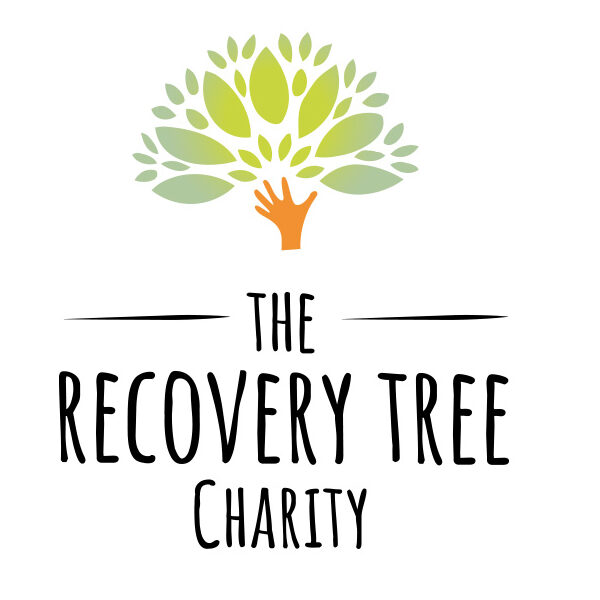
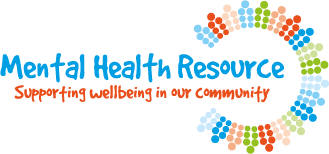
Disability
All the disability organisations we have worked with share a common goal of enabling people with disabilities to have a voice in managing their own lives. Our work has involved helping organisations unpick what success looks like in the context of who they work with and the nature of their activities – exploring the balance between personal self advocacy (ie. building choice and control for the individuals a charity supports), and collective self advocacy (ie. campaigning for changes in policy or practice).
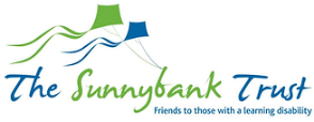

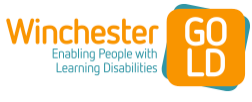

Vulnerable older people and people living with long term health conditions
We have worked with a number of charities providing services to support people to continue living at home for longer. Common themes have included the mutual benefits of peer to peer support, and the added benefit of providing support to carers. For these charities, measuring and communicating ‘success’ when the long term goal is helping people live well for longer (rather than improving health) presents specific challenges. Our work often involves identifying key short term goals, such as reducing loneliness and isolation, and drawing on the wider evidence for impact on health and wellbeing.
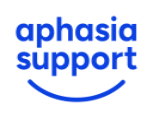



Migrants
For charities we have worked with that support refugees and asylum seekers, the systemic barriers are particularly front of mind, and they all see campaigning (using their knowledge and experience of working on the frontline) as a necessary part of their work. In the context of funders asking for evidence of longer term impact, we were commissioned to conduct follow up interviews with clients who had been supported by Lewisham Refugee Migrant Network to regularise their status. Whilst our findings illustrated the short term benefits of securing limited leave to remain (including access to healthcare, digital and financial inclusion), it also highlighted the risk – and consequences – of becoming undocumented again along the 10 year route to settled status. LRMN used our report as an influencing tool to illustrate the importance of longer term funding to deliver meaningful long term change.


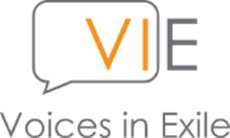
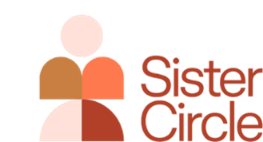
Youth
Young people’s charities are often funded by organisations looking to support the ‘journey to employment’. We have supported charities to articulate and measure their specific contribution, understanding that securing a job can be a crude – and often not the most appropriate – outcome measure for understanding where and how an organisation makes a difference. For charities working with young people who are involved, or at risk of being involved, in the criminal justice system, success in preventing offending or re-offending is particularly difficult to evidence. Case studies can be a powerful tool for illustrating a charity’s contribution, and our project with YouTurn Futures, for example, involved developing case studies from 360 listening – ie. involving in-depth interviews with the young person, the parent/carer, teacher, and mentor/support worker.




We have worked with Anna over four different projects. Each time we have greatly valued
her input and advice both on the project and the subsequent impact on the charity’s wider strategies. She understands the demands and pressures faced by smaller charities and provides a service that is agile and astute. Her recommendations are always on point and I cannot speak highly enough for the calibre of the resulting work. It is always a joy working with Anna as the team and I always learn new methods, insights and understandings of the sector. Thank you!
Dorothy Watson, CEO, Sunnybank Trust – working alongside people with a learning disability